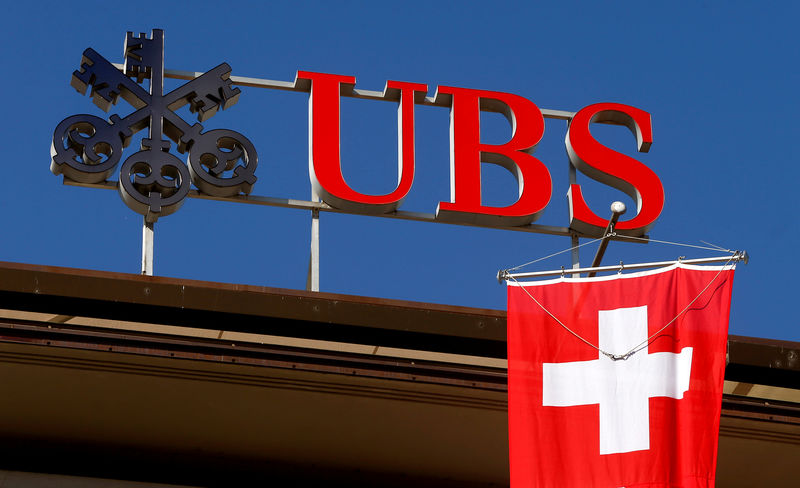Investing.com -- UBS analysts believe that market fundamentals will soon regain their role as primary drivers of market direction, following the heightened volatility surrounding the upcoming U.S. presidential election.
"Once the dust settles,we think fundamentals should reclaim their spot in the driver's seat, determining the market direction," UBS stated.
The bank highlights the resilience of the U.S. economy, citing recent labor data. The Job Openings and Labor Turnover Survey (JOLTS) showed job openings falling to 7.4 million in September, the lowest since January 2021, suggesting that the labor market is cooling but remains stable.
UBS also noted that this week's key data releases, including the PCE inflation gauge, GDP, and the Employment Cost Index, will offer further insights into economic health.
"Recent data suggest the U.S. economy is stronger than previously thought, and the broad disinflationary trend remains intact," UBS added.
UBS expects the Federal Reserve to proceed with policy easing, forecasting a 25-basis-point rate cut at its 7 November meeting. "We expect 50 basis points of rate cuts for the rest of this year and a further 100 basis points of easing in 2025," the bank said, noting that such cuts during non-recessionary periods have historically supported equity markets.
Looking ahead, UBS remains optimistic about the outlook for tech stocks, particularly in AI.
"Early results from key semiconductor names pointed to healthy and sustainable AI demand," UBS noted. Alphabet (NASDAQ:GOOGL)'s strong cloud growth and increased capital expenditures, along with upcoming reports from other tech giants, further underscore the positive tech outlook.
UBS maintains its "Attractive" rating on U.S. equities, forecasting the S&P 500 to reach 6,600 by the end of 2025, as economic strength, disinflation, and AI investments create a favorable environment for risk assets.
